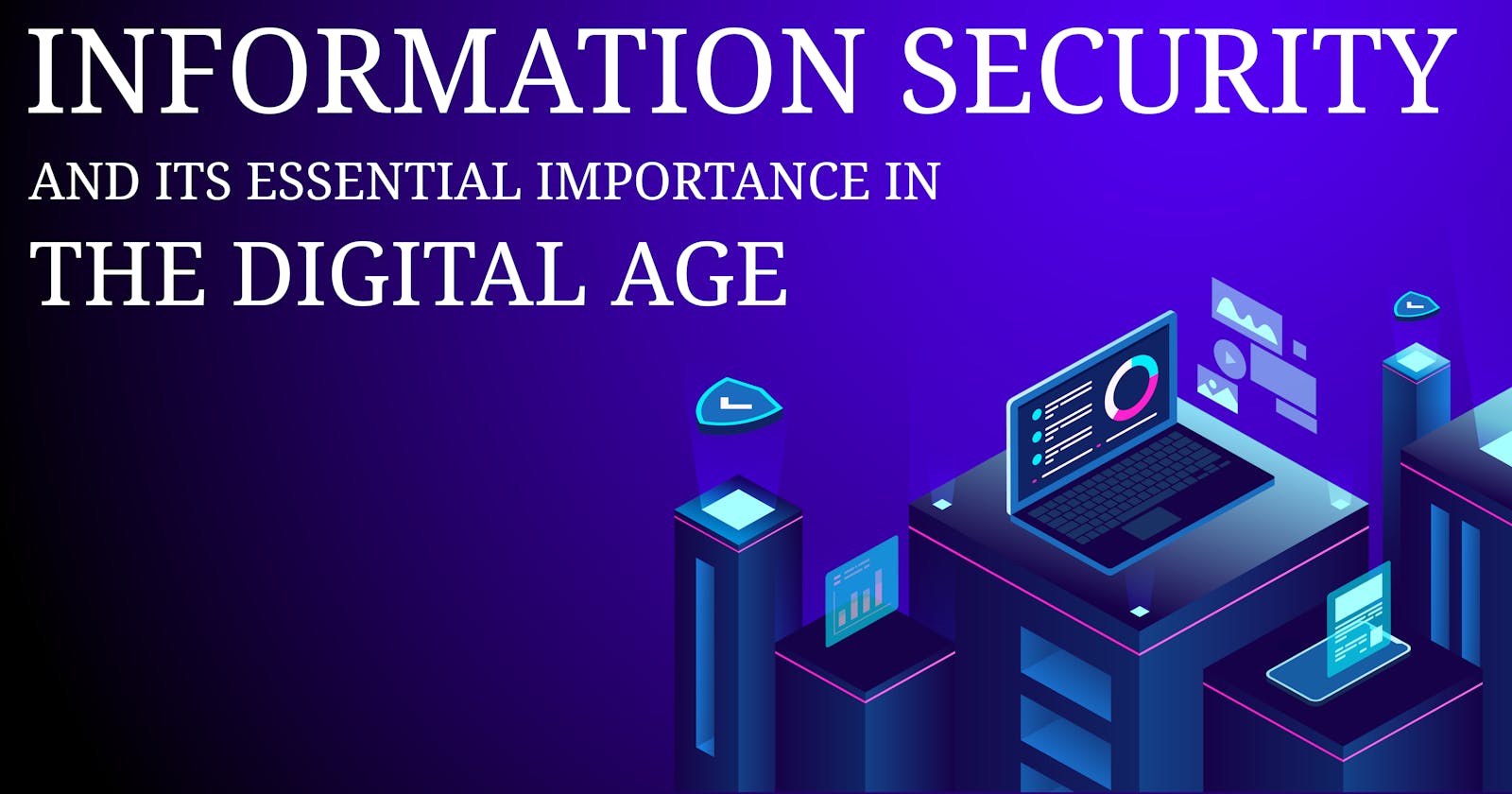Information Security And Its Essential Importance In The Digital Age | Cyberroot Risk Advisory
In today's interconnected world, where information is a valuable asset, the need for robust information security measures has never been more critical. With the rapid advancement of technology and the increasing reliance on digital systems, organizations and individuals face numerous threats that can compromise the confidentiality, integrity, and availability of sensitive data. This article explores the importance of information security, the evolving landscape of cyber threats, and the pressing need for effective security measures.
1. Protecting Confidentiality:
One of the primary objectives of information security is to protect the confidentiality of data. Confidential information, such as personal identifiable information (PII), trade secrets, financial records, and intellectual property, must be safeguarded from unauthorized access. A breach of confidentiality can lead to identity theft, financial loss, reputational damage, and legal ramifications. Robust encryption, access controls, and secure communication channels are essential to maintain confidentiality and ensure that sensitive data remains protected from prying eyes.
2. Ensuring Data Integrity:
Information security also plays a vital role in ensuring the integrity of data. Data integrity refers to the accuracy, consistency, and reliability of information throughout its lifecycle. Unauthorized modification, alteration, or deletion of data can have severe consequences, leading to incorrect decisions, financial fraud, and compromised business operations. Measures such as data backups, checksums, digital signatures, and secure coding practices help maintain data integrity and provide assurance that information remains unaltered and trustworthy.
3. Availability and Business Continuity:
In addition to confidentiality and integrity, information security addresses the need for data availability. Organizations rely heavily on their information systems to conduct daily operations, communicate with stakeholders, and deliver services. Any disruption or denial of service can result in significant financial losses and reputational damage. By implementing appropriate measures such as redundancy, disaster recovery plans, and robust network infrastructure, information security ensures the continuous availability of critical systems and minimizes downtime during cyber attacks or other emergencies.
4. Emerging Cyber Threat Landscape:
The importance of information security is magnified by the evolving nature of cyber threats. Malicious actors constantly adapt their tactics to exploit vulnerabilities and gain unauthorized access to sensitive information. Cyber attacks, such as phishing, ransomware, malware, and social engineering, are becoming more sophisticated, posing significant risks to individuals and organizations. The financial motivation behind cybercrime continues to grow, and businesses of all sizes are potential targets. Therefore, proactive security measures, regular vulnerability assessments, and security awareness training are imperative to counter the ever-evolving threat landscape.
5. Compliance and Regulatory Requirements:
Another driving factor for information security is the increasing number of compliance and regulatory requirements. Governments, industry standards bodies, and international regulations impose specific security measures to protect sensitive data and ensure privacy. Organizations that fail to comply with these requirements may face severe penalties, legal consequences, and damage to their reputation. By establishing robust security controls and implementing frameworks like ISO 27001 or NIST Cybersecurity Framework, organizations can demonstrate their commitment to protecting information and meet compliance obligations.
Conclusion:
In today's digital world, information security is not an option but a necessity. Protecting the confidentiality, integrity, and availability of data is crucial for individuals, businesses, and governments alike. The ever-growing cyber threats and regulatory requirements demand a proactive and holistic approach to information security. By investing in advanced security technologies, implementing best practices, fostering a security-conscious culture, and staying abreast of emerging threats, organizations can mitigate risks, protect sensitive information, and ensure the trust and confidence of their stakeholders. In this rapidly evolving landscape, information security remains an ongoing endeavor that requires constant vigilance and adaptation to stay ahead of emerging threats and protect the valuable assets of the digital age

